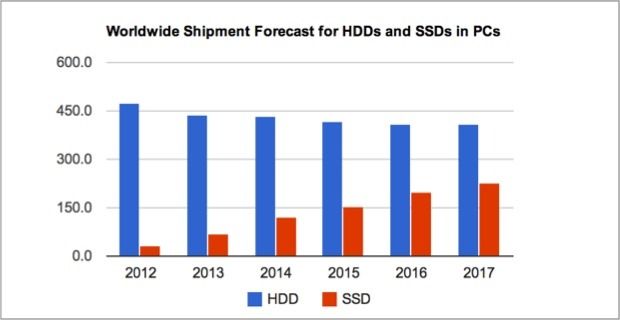Fogman
Veteran

Joined: 19 Jun 2005
Age: 57
Gender: Male
Posts: 3,986
Location: Frå Nord Dakota til Vermont
Fogman
Veteran

Joined: 19 Jun 2005
Age: 57
Gender: Male
Posts: 3,986
Location: Frå Nord Dakota til Vermont
Fogman
Veteran

Joined: 19 Jun 2005
Age: 57
Gender: Male
Posts: 3,986
Location: Frå Nord Dakota til Vermont
Relicanth7
Veteran

Joined: 30 Sep 2007
Age: 32
Gender: Male
Posts: 1,896
Location: 'Murika... (Insert explicit word here) yeah!
auntblabby
Veteran

Joined: 12 Feb 2010
Gender: Male
Posts: 114,583
Location: the island of defective toy santas






